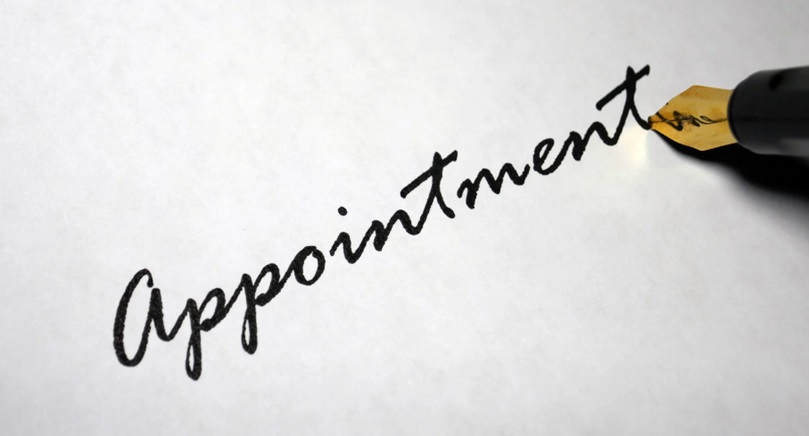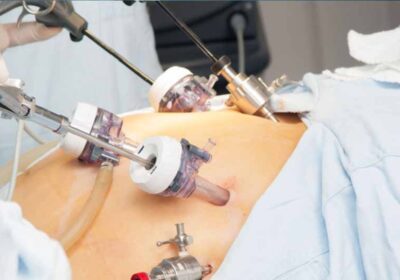
What Happens at a Pain Management Appointment?
If you are struggling with chronic pain, consider seeking assistance from a pain management clinic. Chronic pain negatively impacts your daily life, making simple activities more challenging to enjoy. That’s where the power of pain management comes in. Receiving proper treatment and care from experts can significantly improve the quality of your life. But what exactly happens at a pain management appointment? Here are a few key aspects to expect during your visit.
Understanding Your Pain History
Initially, the pain management doctors in Indiana will focus on understanding your pain history and the factors contributing to it. This part of the process typically includes in-depth discussions about your pain’s severity, the duration of pain you have experienced, and aggravating or relieving factors. It is crucial to provide accurate and detailed information, as it helps build a clearer picture of your pain and assists your doctor in crafting a tailored treatment plan.
Comprehensive Examination
After discussing your pain history, the pain management expert will perform a thorough physical examination. This might include tests for your range of motion, strength, sensation, and reflexes. By carefully assessing these factors, your doctor will identify potential causes or underlying conditions contributing to your pain.
Diagnostic Tests and Procedures
In some cases, your doctor may decide to run additional diagnostic tests to understand various aspects of your pain better. These tests may include imaging studies like X-rays, MRI, or CT scans. They can provide a better understanding of the anatomical components contributing to your pain and ensure an accurate diagnosis.
Customized Treatment Plan
Once your doctor has a clear picture of your pain and its contributing factors, they will create a personalized treatment plan. Pain management doctors may implement a combination of approaches, such as medications, physical therapy, epidural injections, or nerve blocks. The ultimate goal of pain management is to alleviate your pain, improve your daily function, and avoid the need for invasive surgical procedures.
Ongoing Communication and Follow-up
Finally, a significant component of pain management is ongoing communication and follow-up appointments. This comprehensive approach ensures that your treatment remains effective and appropriate as time goes on. In some cases, your pain management doctor may coordinate with your primary care physician to include other aspects of your care, such as diet, exercise, counselling, and stress management.
In Conclusion
Your journey towards a pain-free life begins with the informed decision to seek help from a pain management specialist. Check out the blog on the power of pain management and why it is important to learn more about the benefits of this specialized field. Remember, a pain management appointment is only the beginning of your journey toward a better quality of life – embrace it with optimism and trust in your doctor’s expertise!


















